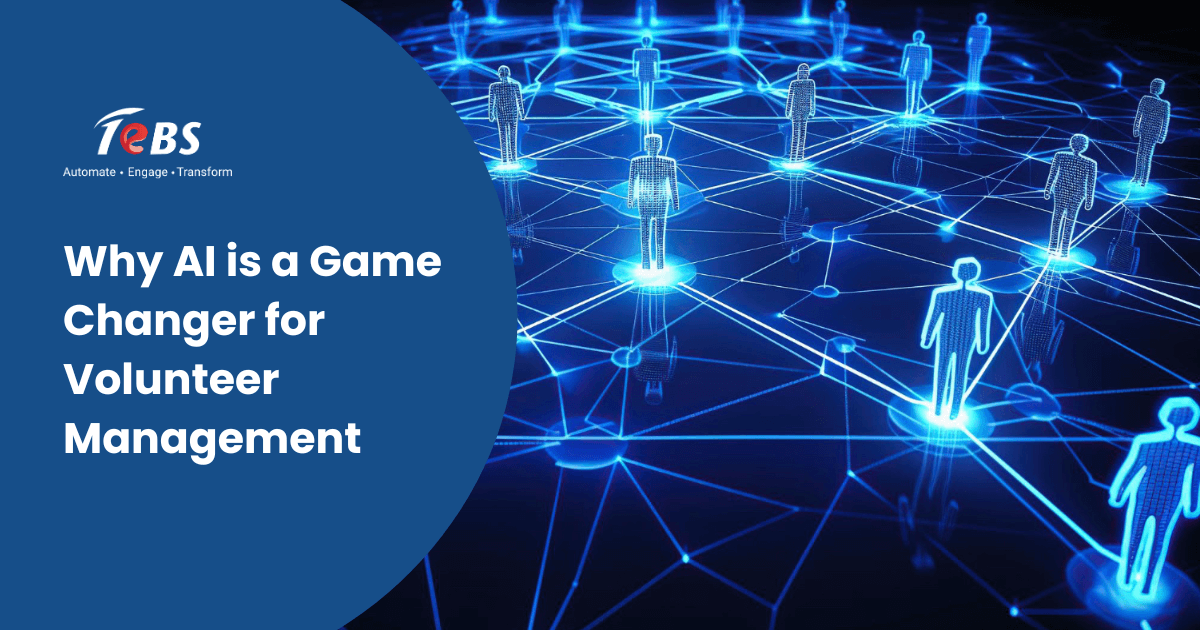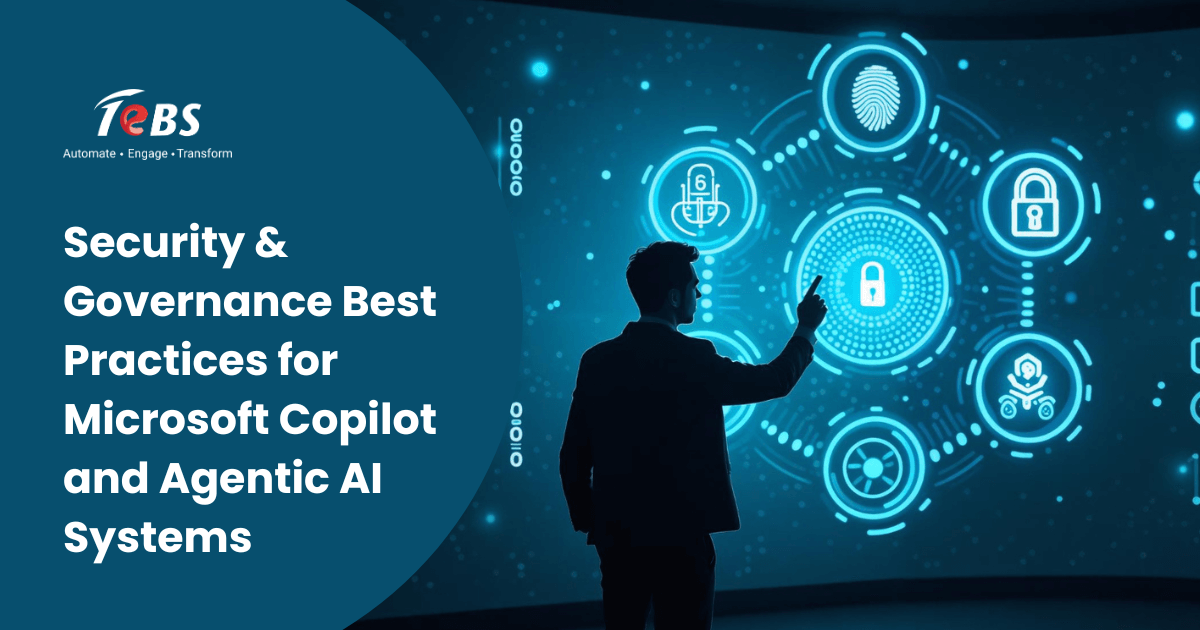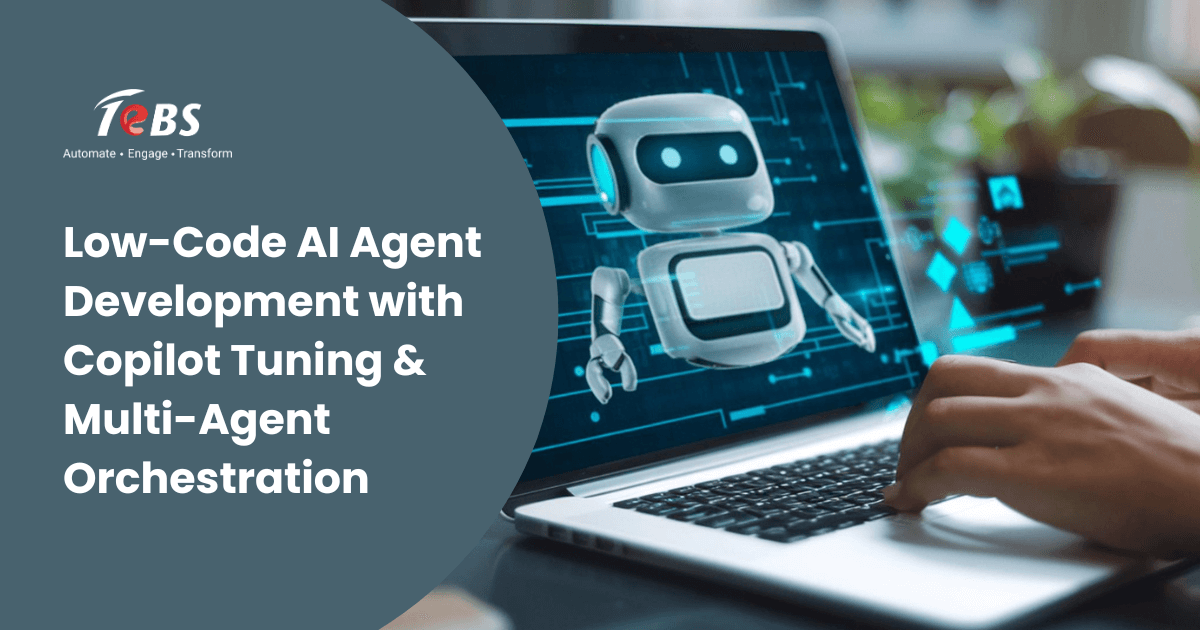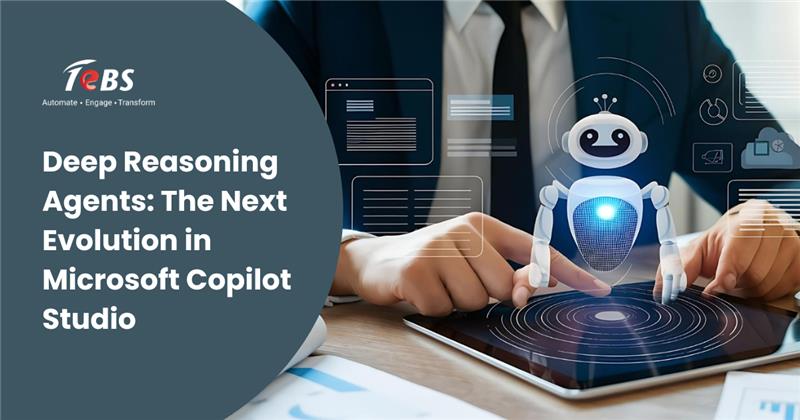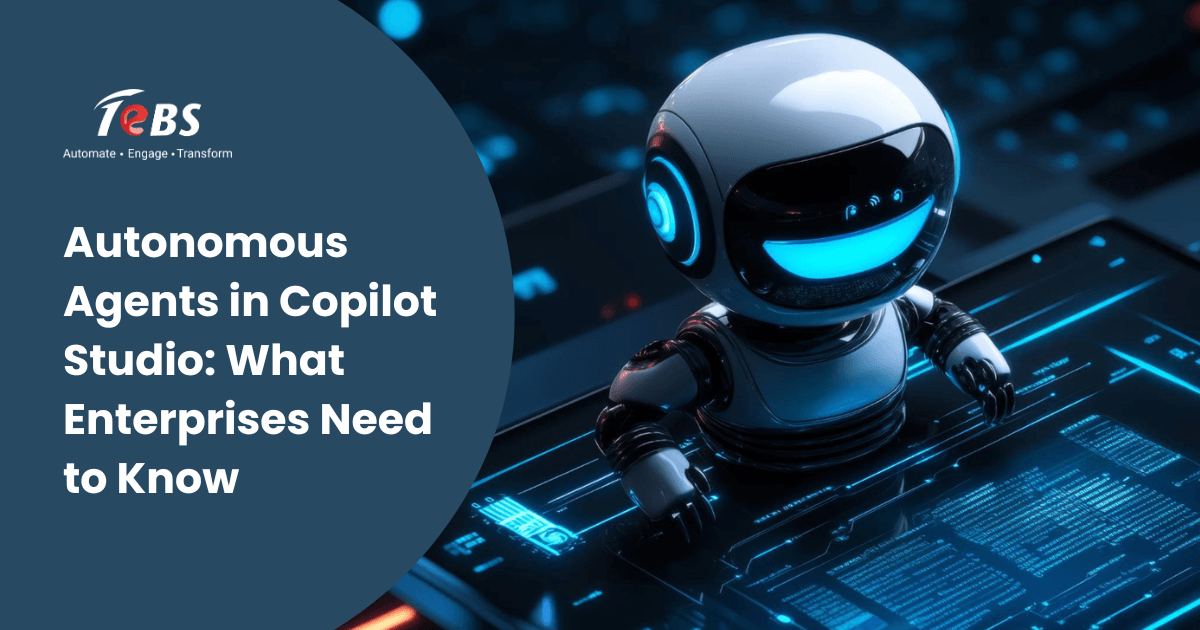The core of nonprofit operations has always been volunteer management. Managing volunteers is both a strategic need and an operational challenge, involving everything from scheduling to guaranteeing meaningful engagement.
The need for more intelligent systems that can effectively manage these duties is increasing along with the scope and complexity of volunteer work.
The technological force of artificial intelligence (AI) is changing the way nonprofit organizations interact with, oversee, and retain their volunteers.
The Traditional Volunteer Management Landscape
Nonprofits typically rely on manual systems or basic digital tools to manage volunteer operations.
Tasks like onboarding, shift scheduling, communication, and feedback collection are often handled via spreadsheets, emails, or disjointed systems.
While this may work for small-scale programs, it becomes increasingly unsustainable as the volunteer base grows.
Key challenges in traditional volunteer management include:
- Time-consuming coordination
- Inconsistent engagement and retention
- Limited personalization
- Lack of data-driven decision-making
- Difficulty scaling operations
AI offers transformative capabilities to overcome these barriers and bring efficiency, personalization, and agility into volunteer operations.
How AI Transforms Volunteer Management
1. Smarter Volunteer Matching
One of the most time-intensive tasks in volunteer coordination is matching the right person with the right opportunity.
AI can analyze volunteer profiles including skills, interests, location, and availability to recommend suitable roles. It continuously learns from past behaviors and feedback to refine future suggestions.
For example, an AI system can automatically notify a volunteer interested in environmental causes when a tree-planting event is scheduled in their area.
This not only improves volunteer satisfaction but also ensures optimal placement of human resources.
2. Automated Onboarding and Training
Onboarding volunteers often involves repetitive steps: sending welcome emails, sharing policies, setting up training modules, and tracking completions.
AI-driven systems can automate much of this process through intelligent workflows.
Chatbots powered by AI can guide new volunteers through the onboarding process, answer frequently asked questions, and even recommend learning modules based on their role.
This results in a faster and more consistent onboarding experience, freeing up staff to focus on strategic initiatives.
3. Predictive Scheduling and Optimization
Volunteer scheduling is a logistical puzzle. Ensuring enough coverage without overstaffing, managing last-minute cancellations, and aligning availability with demand can be overwhelming.
AI can analyze historical data, volunteer patterns, and real-time availability to generate optimal schedules.
Predictive analytics can even forecast potential no-shows or low-volunteer days and proactively suggest rescheduling or sending reminders.
This kind of optimization leads to better service delivery and less volunteer fatigue.
4. Hyper-Personalized Communication
Engagement is key to volunteer retention, and generic communication doesn’t cut it anymore. AI enables hyper-personalized messaging by segmenting volunteer data based on preferences, engagement levels, and behavioral patterns.
For instance, AI tools can identify volunteers who haven’t participated in a while and send personalized re-engagement messages or surveys.
Volunteers who show high involvement can be sent leadership or mentoring opportunities. This thoughtful outreach builds a stronger emotional connection with the organization.
5. Sentiment and Feedback Analysis
Collecting feedback from volunteers is essential but often underutilized due to the time and effort it takes to analyze qualitative responses.
AI can process large volumes of text emails, surveys, social posts and perform sentiment analysis to understand volunteer satisfaction, concerns, and suggestions.
This allows nonprofits to take proactive steps in improving volunteer experiences, addressing grievances early, and celebrating positive engagement stories. AI transforms feedback into actionable insights.
6. Improved Volunteer Retention
High turnover is a persistent problem in volunteer management. AI tools help monitor patterns that indicate disengagement, such as declining participation, unresponsiveness, or negative sentiment in communications.
With these signals, nonprofit leaders can intervene with tailored engagement strategies a quick call, a personalized thank-you message, or offering a new role before losing valuable volunteers.
Additionally, AI can identify what drives retention for different volunteer segments, enabling more targeted programs and incentives.
7. Real-time Reporting and Impact Measurement
Measuring the impact of volunteer efforts is critical for accountability and strategic planning.
AI-enabled dashboards can pull real-time data across different sources of attendance logs, hours contributed, task outcomes to provide a holistic view of volunteer contributions.
Such insights help organizations showcase their impact to donors, stakeholders, and the public. AI can even generate automated reports for annual reviews or board meetings, saving hours of manual effort.
The Strategic Edge AI Offers to Nonprofits
AI gives nonprofits a competitive edge in a world with high expectations and limited resources. AI enables data-driven decision-making, increases personalization, and streamlines operations, freeing up nonprofit leaders and volunteer coordinators to concentrate on their core competencies: making a positive social impact.
Let’s look at some broader benefits of using AI in volunteer management:
- Scalability: Whether you have 50 or 5,000 volunteers, AI systems can handle the complexity with minimal manual input.
- Inclusivity: AI tools can help make volunteer opportunities more accessible by recommending inclusive options based on physical ability, language preferences, or location.
- Agility: AI can rapidly adapt to changes, whether it’s a sudden increase in demand, an emergency relief effort, or a pivot in strategy.
- Cost-effectiveness: Automating routine tasks reduces administrative overhead, freeing up funds for mission-driven activities.
Addressing Common Concerns
While the benefits of AI are compelling, it’s important to acknowledge and address common concerns:
- Data privacy: Nonprofits must ensure that volunteer data is protected, and AI systems comply with privacy regulations.
- Bias in AI: Ethical AI design is essential to avoid bias in volunteer matching or communication.
- Human connection: AI should augment, not replace human interaction. Technology should enhance empathy, not diminish it.
Choosing the right AI tools built with nonprofit values in mind can help mitigate these concerns while delivering transformative results.
The Future of Volunteer Management is Intelligent
AI is no longer a sci-fi idea. It’s a modern tool that enables nonprofits to oversee their volunteer programs with accuracy, wisdom, and compassion.
AI is radically changing the way volunteer programs are planned and executed, whether it is through personalizing engagement or streamlining logistics.
Nonprofits need to reconsider their management strategy as operational demands rise and volunteer expectations change.
By adopting AI now, people are not only increasing productivity but also creating the groundwork for a more resilient and significant future.
A Smarter Approach with CareSenz
The need for an integrated solution that combines data insights, intelligent automation, volunteer empowerment, and mission objectives is at the core of this change. Platforms like CareSenz provide a cohesive, AI-powered ecosystem designed specifically for the nonprofit sector, whereas many other tools offer fragmented capabilities.
The goal of CareSenz is to streamline and improve all facets of nonprofit management, including volunteer coordination.
Nonprofits can transform data into action and scale their impact like never before with AI-driven engagement tools, personalized dashboards, predictive scheduling, and integrated communication channels. It’s time to investigate AI solutions that are purpose-built and crafted for good if your organization wants to advance volunteer management beyond simply digitizing procedures and transforming them with intelligence.
Ready to Transform Your Volunteer Management Strategy?
Discover how AI can help your nonprofit attract, engage, and retain volunteers more effectively than ever.
Whether you’re starting small or scaling big, the right tools can make all the difference. Connect with our experts at [email protected] to explore intelligent solutions that empower your mission.
Let’s build a smarter, more impactful future together.

